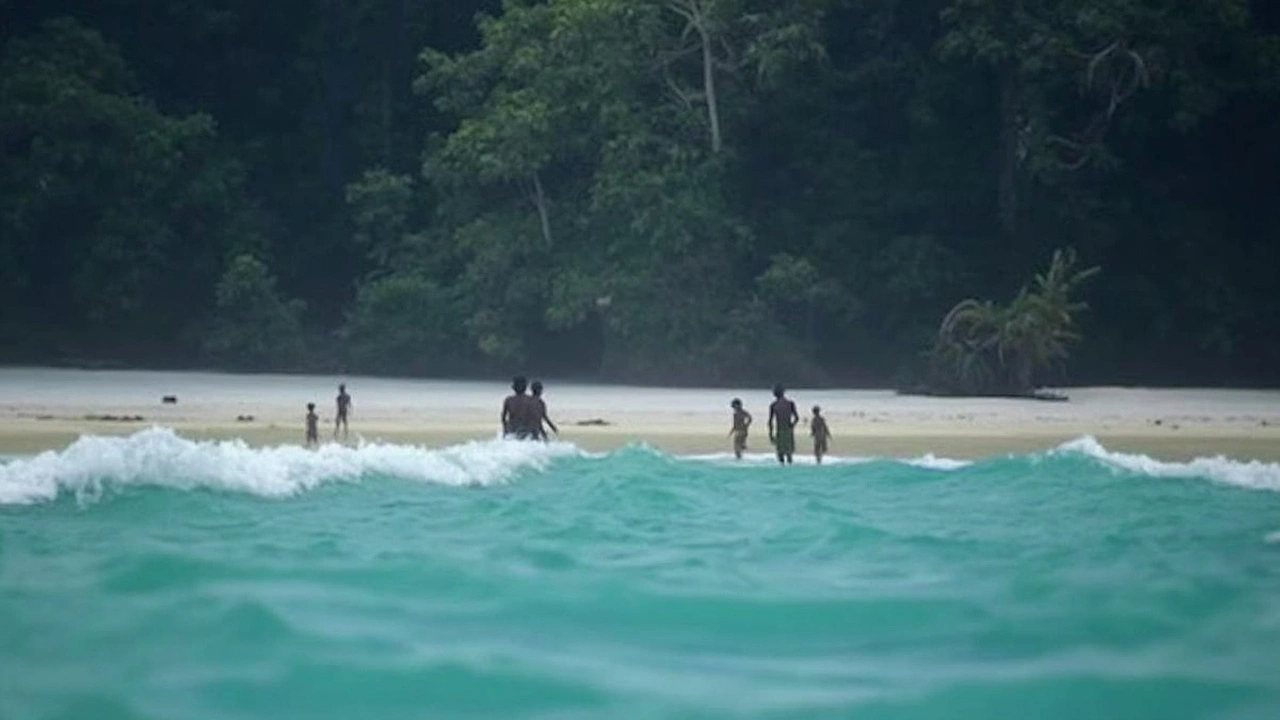Sentinelese Tribe: Who They Are, Where They Live, and Why They Remain Isolated
The Sentinelese are a tiny group of people who live on North Sentinel Island in the Andaman archipelago, off India’s east coast. They are one of the world’s last truly uncontacted tribes, with a population that most experts estimate at 50‑150 individuals. Their way of life has stayed largely unchanged for thousands of years because they choose to stay away from the outside world.
Geographically, the island is about 60 square kilometres, covered in dense forest and surrounded by a coral reef that makes landing tricky. The Sentinelese have made the reef their first line of defense, using canoes made from logs and bamboo to patrol the waters. When outsiders approach, they launch arrows, stones, or spears – a clear message that they do not want any contact.
Why the Sentinelese Stay Isolated
History shows that contact with outsiders often brings disease, violence, and cultural loss. The Sentinelese have seen nearby islands suffer from these impacts, so they keep a tight guard against strangers. Their isolation is not just a matter of fear; it’s a protective strategy that has helped them survive.
Indian law backs up their choice. The government declared the entire island a protected area under the Andaman and Nicobar Islands (Protection of Aboriginal Tribes) Regulation, 1956. This means anyone who tries to land or even get too close can face heavy penalties, including jail time. The rule is meant to keep the Sentinelese safe from disease and to respect their right to live as they wish.
Recent Events and How to Respect the Tribe
In recent years, a few news stories have highlighted the tension between curiosity and protection. In 2018, an American missionary tried to reach the island and was shot with arrows, surviving thanks to locals. The incident reinforced why the no‑contact policy is crucial. More recently, satellite images have been used by researchers to monitor the island’s forest cover without landing, showing a respectful way to study the area.
If you ever think about visiting the Andaman Islands, remember that the best way to honor the Sentinelese is to stay far away. Watching documentaries, reading reputable sources, and supporting organizations that protect indigenous rights are all good ways to learn without harming.Overall, the Sentinelese tribe offers a rare glimpse into a human society that has chosen a path most of us can’t imagine. Their story reminds us that progress isn’t always about change – sometimes it’s about respecting the choice to stay the same.
